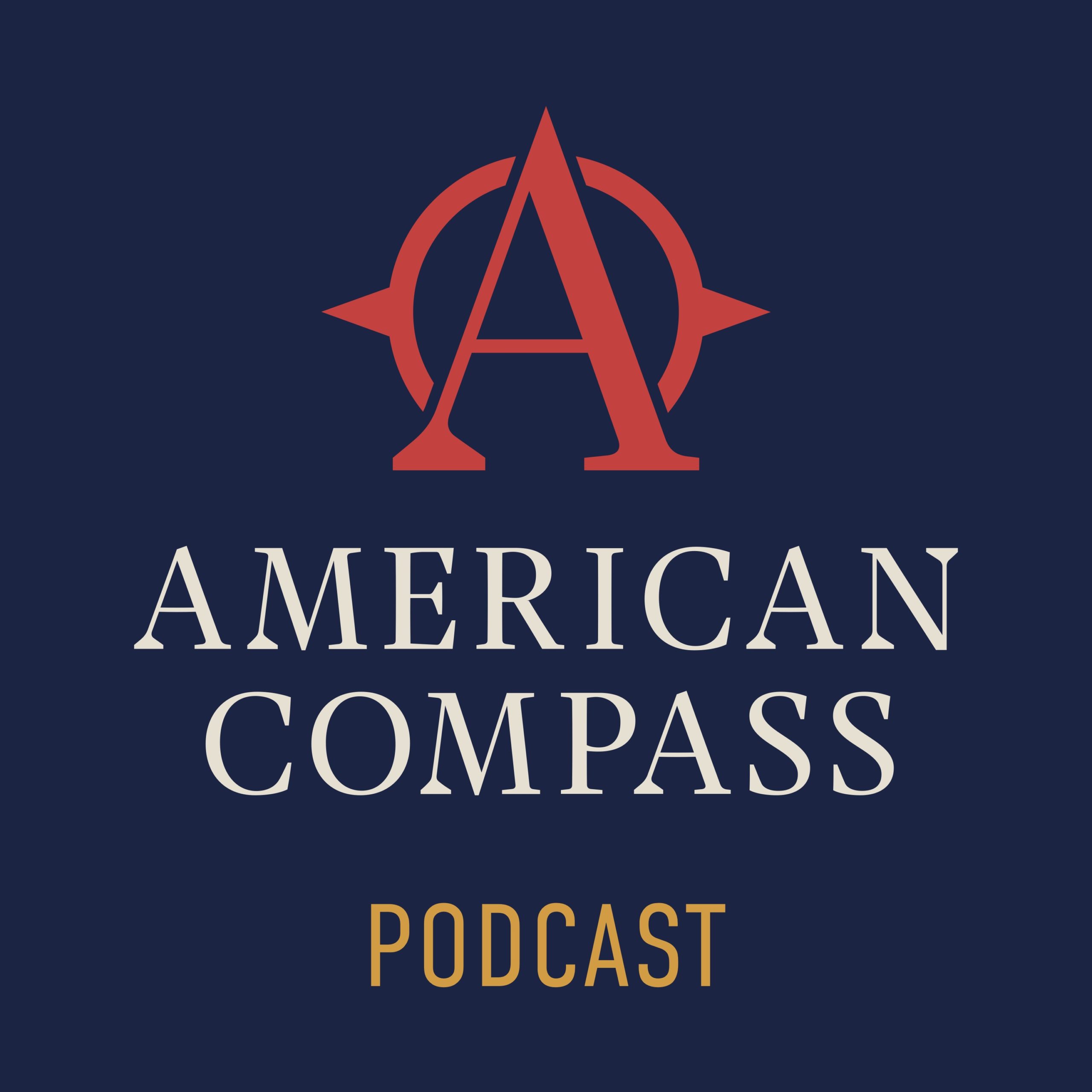

RECOMMENDED READING
Today, Senator Tom Cotton introduced the American Workforce Act (AWA), a landmark bill to create a robust alternative to college rooted in on-the-job experience and employer-led training, funded by a transfer of resources away from traditional higher education. The AWA is modeled on American Compass’s Workforce Training Grant, which we proposed earlier this year as part of our Retooling American Education symposium.
The problem that the AWA aims to solve is simple, but deadly serious: In American education, all roads lead to college. This is not because colleges are good at preparing young people for adult life (generally speaking, they’re not), or because young people are well equipped to benefit from what colleges offer (generally speaking, they’re not), but rather because we have refused to build roads leading anywhere else. Across most developed economies, one-third to one-half of upper-secondary students (i.e., juniors and seniors) are enrolled in vocational and technical training; America, alone, has no such formal pathway at all.
The often well-meaning but also self-serving embrace by elites of College-for-All has done untold damage to American workers and families.
Understanding this failure and developing alternatives have been top priorities for American Compass since our founding. Our research paints a stark picture:
- Only one-in-five teenagers goes smoothly from high school to college to career. They are more likely to never enroll in college at all, or else enroll but then either drop out or land after graduation in a job that does not require their degree. Since 2000, America has been handing out college diplomas at twice the rate the labor market creates new jobs that require one.
- Ask parents of young adults what public education is for, and more than 70% say that helping students “develop the skills and values needed to build decent lives in the communities where they live” is more important than helping them “maximize their academic potential and pursue admission to colleges and universities with the best possible reputations.”
- Ask them which they’d prefer for their child, a “3-year apprenticeship program after high school that would lead to a valuable credential and a well-paying job” or a “full-tuition scholarship to any college or university that the child was admitted to,” and most choose the apprenticeship.
But the question remains: If not college, what? Americans are slowly awakening to the terrible mistake of transforming high schools into college-prep academies and funneling hundreds of billions of dollars annually into higher education subsidies. But while politicians eagerly pay homage to a theory of “apprenticeship,” few have the appetite for either the hard work or difficult tradeoffs required to construct strong non-college pathways. Instead, ever more resources get shoveled into the amusement park entitlement of college-for-all, arriving this year at the final absurdity of simply handing $500 billion to those who promised to pay later for their attendance.
The alternative, which we have proposed at American Compass, is to recognize the important public purpose of helping young people establish themselves as productive citizens, while rejecting the idea that a college is the best institution for facilitating that process. To be clear, college is exactly the right step after high school for some people—and we have proposed a simple grant, equal to half the tuition at the typical public university, to support anyone choosing that path. But for most young people, a better step would be an entry-level job with an employer prepared to provide exposure to a workplace, technical training, and an established career trajectory. We’ve proven we can get kids to age 22 with a diploma of questionable value and a boatload of debt, but what if we could also get them to age 20 with on-the-job experience, an industry-recognized credential, and earnings in the bank?
The Workforce Training Grant creates a “trainee” status for employees in qualifying jobs who spend part of their time working and part in formal training. Employers can receive grants of $10,000 per trainee per year, so long as they provide the work experience and training, place trainees on upward career trajectories, and provide data validating the subsequent earnings of those workers. In some cases, trainers will deploy internal training programs. Often, they will use the grant funds to contract with community colleges to provide the training facilities and instruction. But crucially, it will be the employer, not the student, that is the college’s customer, that defines what skills are in demand, and that holds the school accountable for results.
The full Workforce Training Grant white paper describes the challenge of providing worker training through traditional public or private programs; proposes principles for using public funds to support private efforts; and then discusses the specifics of how such a program might scale, how policymakers could define its contours, and how it could be financed and evaluated. Today, kicking off a forthcoming series of policy briefs, we are also releasing a two-page overview of the concept.
In the AWA, Senator Cotton proposes a $9,000 voucher for a trainee who enters into a contract with an employer “who commits to providing a full time, paid position combining on-the-job experience and skilled, educational workforce training.” The employers can be reimbursed up to $1,500 per month from the voucher to offset training costs, and can receive an additional $1,000 bonus for retaining the employee at the training program’s conclusion. The bill also includes important provisions for pre-registering a training program’s parameters and reporting on its results. And it proposes a tax on the largest private university endowments to help pay for the program.
This will surely not be the final word on reform, but policymakers are finally off the starting line and headed toward a world where college is just one option, probably not the most popular one, and certainly not the only one seen as a “ticket to the middle class.” We will do our best to help them down the track.
Recommended Reading
Talkin’ (Policy) Shop: The Workforce Training Grant
On the inaugural episode of Policy in Brief, American Compass executive director Oren Cass is joined by policy director Chris Griswold to discuss the Workforce Training Grant, a proposal to create a meaningful alternative pathway to college.
Policy Brief: Workforce Training Grant
Congress should create a Workforce Training Grant—a $10,000-per-year grant to employers for each trainee engaged in on-the-job training.
Report: College Degree Attainment Far Outpaces U.S. Jobs Requiring BAs
PRESS RELEASE—New American Compass analysis finds that wages have stagnated for college graduates without degree-requiring jobs.












